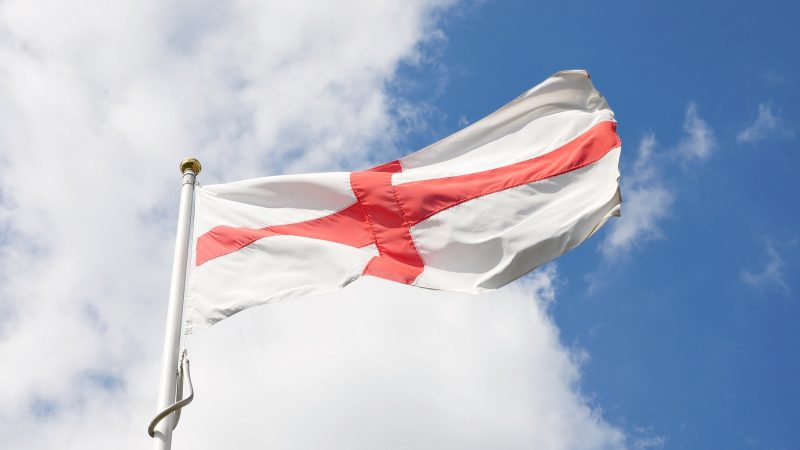
Labour launched its policy review ‘‘Stronger Together: A Better Future for Britain’ – our roadmap to bring Britain together and deliver a fairer, more secure future” last month. Little has been heard of it since. So, perhaps there is time to ask a fundamental question: where and what does Labour mean by ‘Britain’? In everyday conversation, Britain is the island comprising England, Wales and Scotland. Sometimes, if inaccurately, people mean the UK (actually the United Kingdom of Great Britain and Northern Ireland). Being clear about what Labour means is central to our political strategy.
Labour’s devolution settlement gave most domestic policy – health, social care, cradle to grave education, local government, transport and agriculture – to the devolved nations, their parliaments and governments. English policy remained the responsibility of the UK government and the union parliament in Westminster. There are, of course, major union-wide issues of macro-economic policy, trade, defence and foreign affairs (although even here the devolved nations have distinct views on, for example, the principle and practice of Brexit). On most home issues, ‘British’ policy simply does not exist. Domestic policy differs from nation to nation as devolution intended it to do. If this wasn’t clear before the pandemic, it surely must be now.
The politics of each British nation are also different. ‘British politics’ – the same British parties contesting each nation on the same issues against the same opponents – died years ago. Labour is in power in Wales, a poor second in England and not even the biggest opposition party in Scotland. A policy review “for Britain” implies that Labour is entirely out of power everywhere and the Conservatives are always our main opponents. This quintessentially English view of Britain’s politics marginalises the interests of Labour in Wales and in Scotland.
Labour’s policy review should confront these policy and political realities but instead ignores them. The policy documents currently in front of the UK Labour national policy forum (NPF) – like those in the past – are clearly aimed at England, but make little attempt to distinguish between English and UK policy issues. The fact that Welsh Labour is carrying out its own national policy process in parallel underlines the reality that when UK Labour says Britain it means England.
There is a high price for this geographical, constitutional and political illiteracy. We squander the opportunity to highlight uniquely English issues. It is only in Conservative-dominated England that university fees are the highest in the world. It is England’s water that is privatised, not water in Scotland, Wales or Northern Ireland. It is the Conservatives in England who are treating NHS and other public sector workers so badly. If we only talk of Britain, we can’t contrast the privatisation of test track and trace in England and the public sector partnerships in Labour Wales.
‘British’ Labour’ ignores how badly England is governed. While English policy is made by the UK government, there is no machinery of government at ministerial or civil service level that coordinates English policy. English devolution fails because there is no coherent government at the centre from which to devolve power.
Labour struggles with key groups of English voters. In 2019, the Conservatives took 70% of the voters who are “more English than British” and half the “equally English and British”. Identity is a complex issue, but these voters think England has its own interests, want political parties to stand up for them and want England to be more democratic. When UK Labour talks only of Britain, we cannot speak for England.
Labour’s current support is primarily amongst the ‘more British’ and more metropolitan voters, while the ‘more English’ tend to live outside the cities. But both can share the civic and democratic case that England needs progressive politics and that if England has its own national policies, those should be determined by the people of England.
There is a huge opportunity for Labour to exploit the political space now opening up. Boris Johnson is pursuing an aggressive unionist politics in which England, Wales, Scotland and Northern Ireland are all subject to a centralist, British nationalist government elected almost entirely in England. This Anglo-centric British nationalism is of England but certainly not good for England or the rest of the union.
Labour can paint a very different picture of a union of nations, coming together to meet the challenges of the 21st century. In the wake of the Euros, Keir Starmer has talked positively about England. This needs to be just the first step in the whole party acknowledging that England – and people who feel English – actually exist.




More from LabourList
‘A case for hope amid hard times’
Eluned Morgan splits with Sarwar and backs Prime Minister
‘Putting our values into action: Labour should make social security work for everyone who needs it’